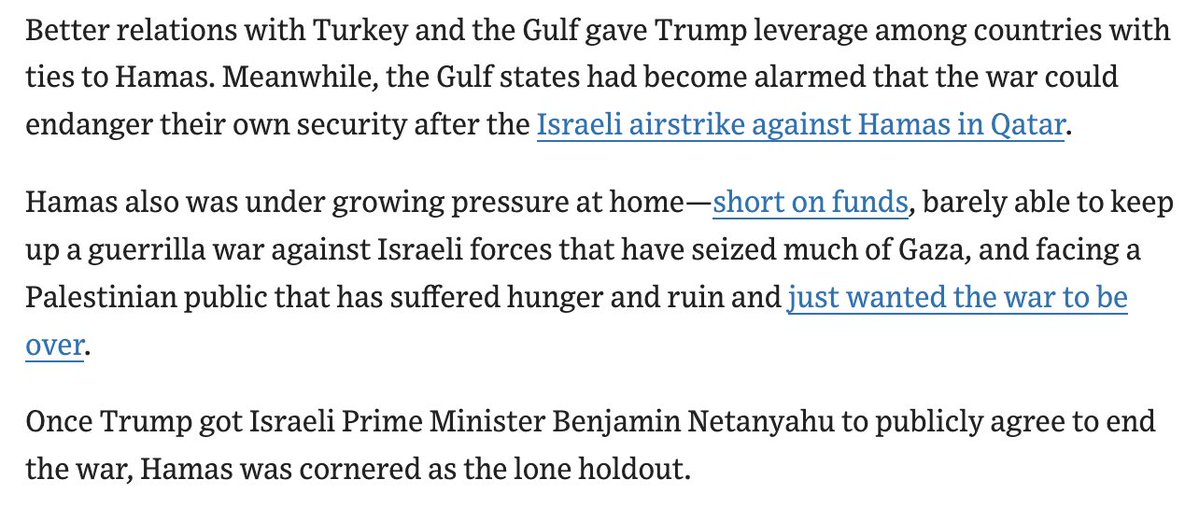Germany feels more uncomfortable with NS2 more than ever, but it feels equally uncomfortable with abandoning the project. And the reason for this is geopolitical.
https://twitter.com/BBieliszczuk/status/1301818163785588737
It feels uncomfortable because it is concerned about Navalny and about Belarus, which are seen just the last points in a long list of aggressive acts by Russia. Ukraine was the wake-up call, the gamer-changer, 2020 is the confirmation that Russia is not really a partner.
Yet it's difficult to change course after years of pushing NS2 through against the will and views of EU neighbors. And US pressure doesn't help, as bowing to it would look as if Germany had become a vassal of Trump.
But the biggest problem for Germany is that skipping NS2 would change the country's relationship with Russia — something some commentators from Moscow are busy to emphasize (with warning undertones).
Germany's current relation with Russia has been defined by 1989/91. Moscow agreed to German unification, and it removed its troops from German soil. Helmut Kohl was very keen to keep this new friendship on track — a key plank of Germany's post-Cold War geopolitics.
And Schröder took it to the extreme, in his second term and certainly afterwards. But Merkel who took over 2005 left this track largely untouched — even if she has built a second confrontational track of German Russia policy, namely since Russia's attack on Ukraine 2014.
Yet while Germany pushed for tough economic sanctions, it was keen to provide Russia with an off-ramp: a path back towards cooperation. The energy relationship embodied by NS2 served as an important signal to Russia that Germany remains a friend (somehow) despite disagreements.
Cancelling NS2 would signal to Russia that this cozy partnership is finally over, that there is only one track left: tension and confrontation. Yet Germany doesn't want to send this signal — it certainly doesn't want to confront Russia alone (and somehow reverse 1989/91).
But Germany on Russia has no back-up. The US is, unlike in 2014, when Obama and Merkel worked hand in hand, currently not a partner on Russia. And Merkel's attempt to Europeanize the issue (share responsibility) has apparently failed.
If change is not being pushed, the status quo will prevail. At least at this point it seems highly unlikely that Germany will take bold steps to cancel NS2.
• • •
Missing some Tweet in this thread? You can try to
force a refresh









